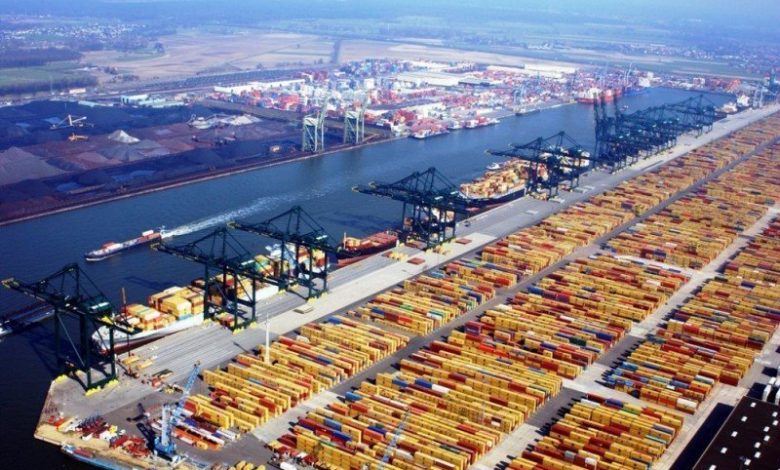Shipping needs to share more information on accidents

Valerie Lim from Helix PR argues the industry could benefit by being more open about mishaps at sea.
It’s usually a split second decision; you share a post with your followers because you think it is useful/funny/interesting to them. You would think that sharing information comes as second nature to most especially when human life is at stake. Safety of Life At Sea (SOLAS) is the first and most important rule in the shipping industry. You grasp its significance when all shipping and maritime conferences open with clear instructions on where to exit in case of an emergency.
Last month saw a flurry of events happening with the International Safety @ Sea Conference as a cornerstone event during the week. Held on the August 22 at the Grand Copthorne Waterfront in Singapore, the Maritime and Port Authority of Singapore (MPA)-organised conference was well-attended with both international and local delegates and speakers.
One presentation that stuck with me from the conference was one delivered by Jan Willem Verkiel – harbourmaster policy department from the Port of Rotterdam. He espoused the need for transparency and sharing of information so the industry can learn from such incidents and apply prevention measures to make shipping safer. His passionate speech triggered an interesting point during a panel discussion about making this information public and his reply was in essence – “yes we can share that information but it would only be useful if everyone shared the info and not just them”.
He cited an example – where ports were invited to share their data on the incidents taking place in their port space. The Port of Rotterdam saw the benefits of doing, and happily compiled. However, what Rotterdam did not see coming was the subsequent revelation that it had become the most unsafe port in the world!
It was only after a while they realised they were the only port contributing this data – hence with no comparative data – the Port of Rotterdam was used as case study for port incidents and inadvertently became the worst port in the world with “so many” incidents taking place. We know this is not true and accidents do happen in most ports all the time. It is just a matter of how transparent one is willing to be, to volunteer such sensitive information.
It makes one wonder to what length is the industry willing to share such sensitive information despite evidence of the benefits outweighing the cons. (Benefits: You share. I share. Everyone shares = more data to take preventive action; cons: “face issue” – what is everyone going to think with so many incidents taking place in my port?)
Unfortunately, this is not an isolated occurrence. Knowledge is key and often gives its holder competitive advantage. But to gain a bigger picture and to progress our industry collectively – we need to change our mind-set to help the industry step up. There is a vast amount of data out there and in order to benefit, everyone needs to share more of it freely.
As they say in internet speak – sharing is caring.

The Tanker industry has been informally sharing incident data continuously since around 1980 through the Informal Tanker Operators Safety Forum. The Nautical Institute MARS scheme has been publishing incident reports for years as has the CHIRP incident reporting programme. OCIMF and Intertanko have systems to share incident reports and most petrochemical majors require operators to share their incident data with Vetting departments. The EU has required flag states to share incident reports on their database for several years. Container vessel operators established the Container Ship Safety Forum in 2014 to share incident and SHE data.
Obviously there are sectors of the maritime industry who have not got the message or recognised the learning benefits that can be gained by sharing this data in a transparent way.
Agree more should be done to share information. There are a lot of lessons being lost because they aren’t being passed on to people who need them. We have to work on removing the ‘what’s in it for me?’ question.